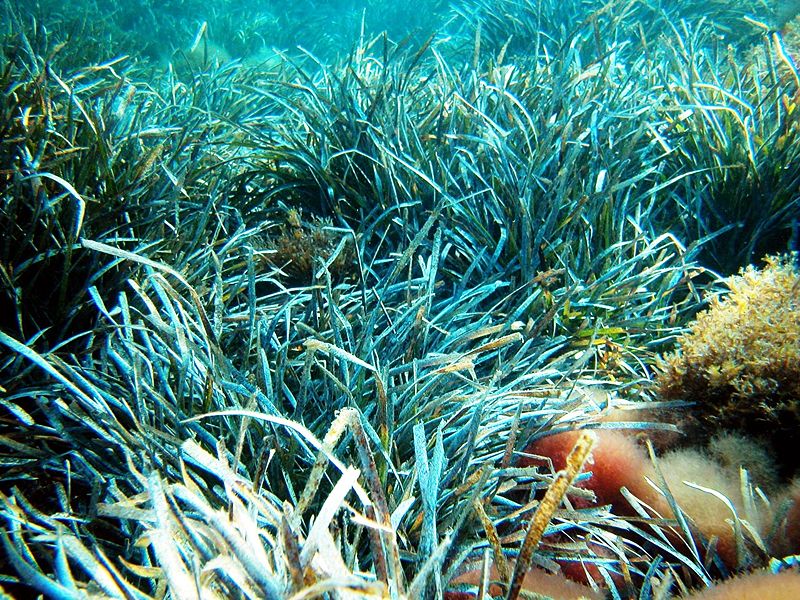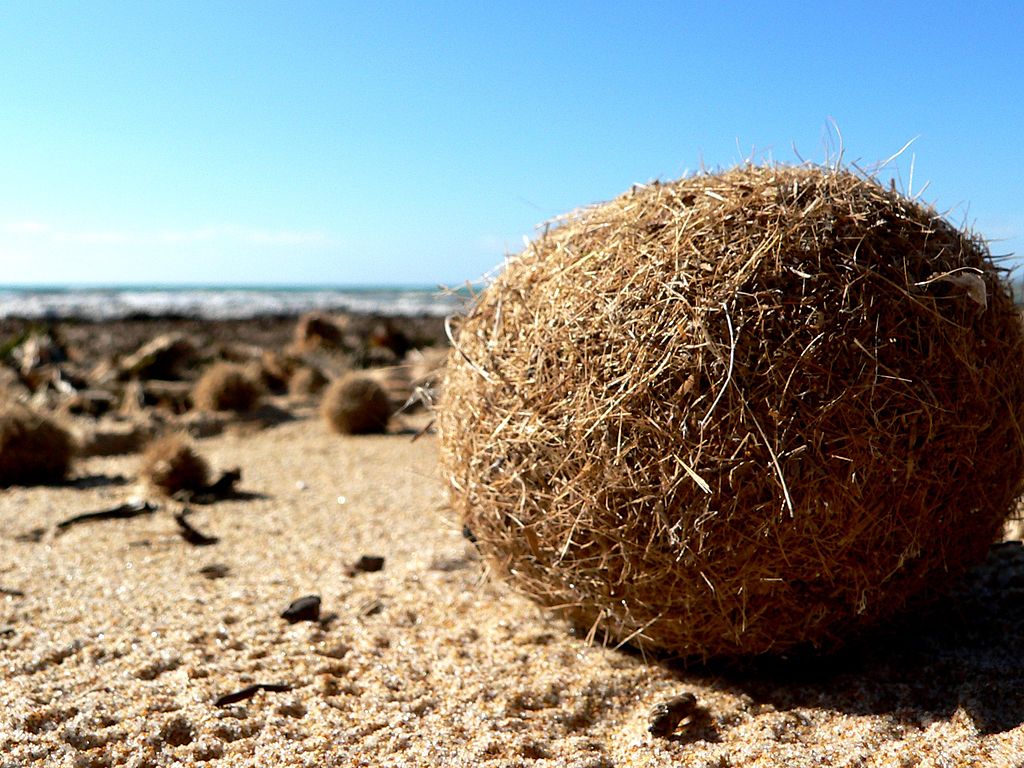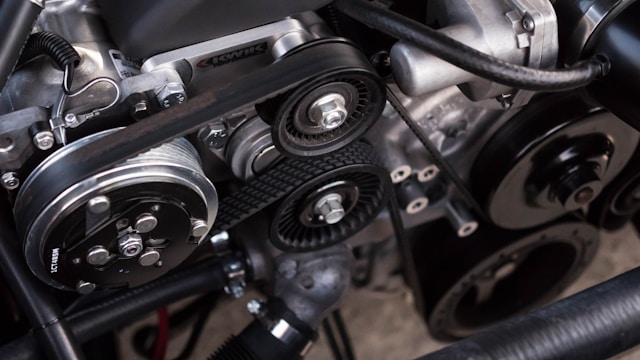The problem of plastic pollution is severe. Each year, about 8 million tons of plastic end up in our oceans. And thousands of marine animals are killed after ingesting plastic or getting entangled in it.
Nature has found a fantastic way to sieve millions of plastic particles from water. Scientists have discovered that Underwater seagrass in coastal areas appears to trap bits of plastic in natural bundles of fiber.
Lead author Anna Sanchez-Vidal, said, “We show that plastic debris in the seafloor can be trapped in seagrass remains, eventually leaving the marine environment through beaching,”
Posidonia oceanica is that seagrass that is prevalent in the Mediterranean. This grass forms lush meadows on the seafloor in coastal waters anchored to shallow seabeds. When this grass sheds leaves, fibers in the leaf forms tangles known as Neptune balls. Researchers discovered that these balls trap plastic wastes.
According to scientists, this seagrass could annually collect about 900 million plastic items in the Mediterranean alone.
According to researchers, “Our findings show that seagrass meadows promote plastic debris trapping and aggregation with natural lignocellulosic (plant dry matter) fibers, which are then ejected and escape the coastal ocean. Our results show how seagrasses, one of the key ecosystems on Earth in terms of provision of goods and services, also counteract marine plastic pollution,”

Image courtesy Wikimedia Commons
This grass plays an important role in improving water quality. Because, it absorbs CO2, radiates oxygen, and is a refuge for hundreds of species of fish.
Between 2018 and 2019, researchers collected the fiber-balls that had washed up on four beaches in Mallorca, Spain. They counted the plastic debris found in these fiber-balls.
Researchers found plastic debris in half of the 42 loose seagrass leaf samples. There were about 613 plastic items per kilogram of loose leaves.







